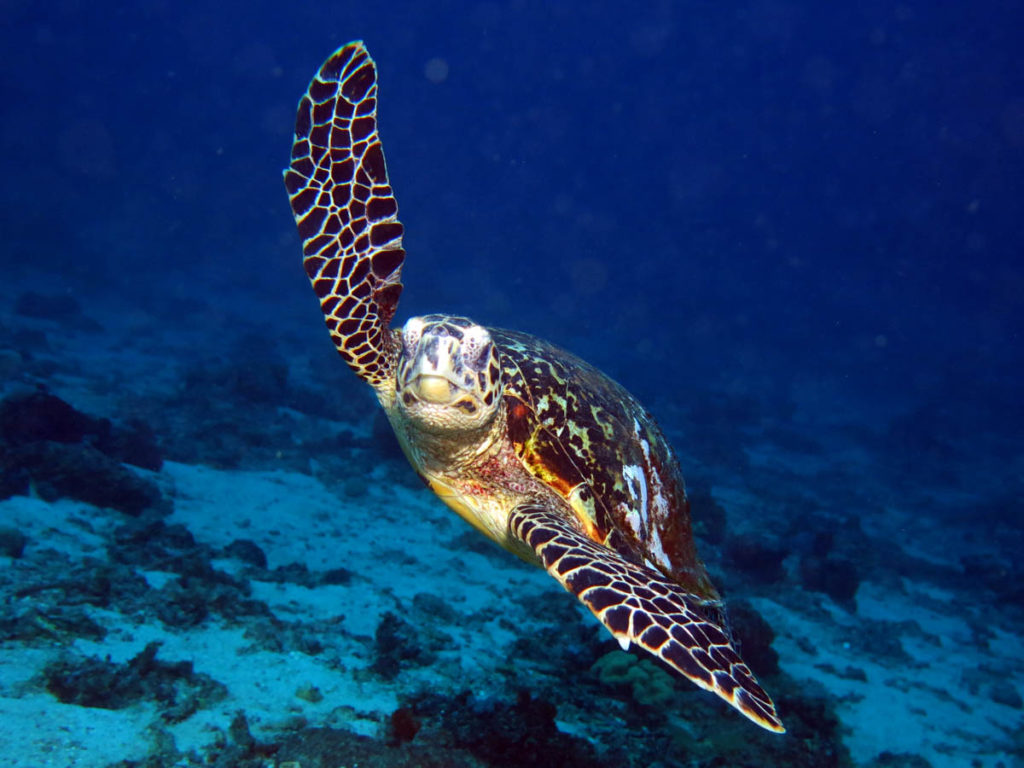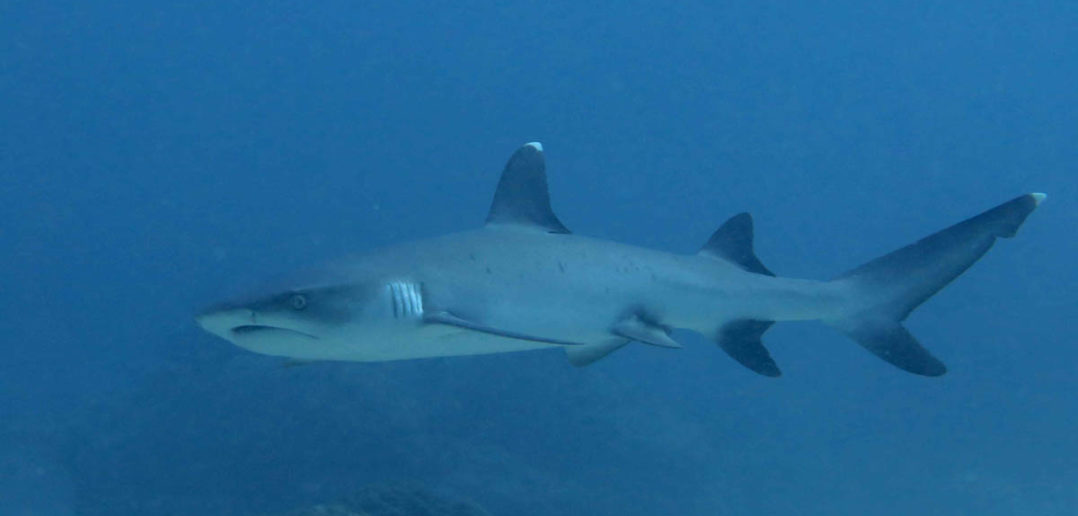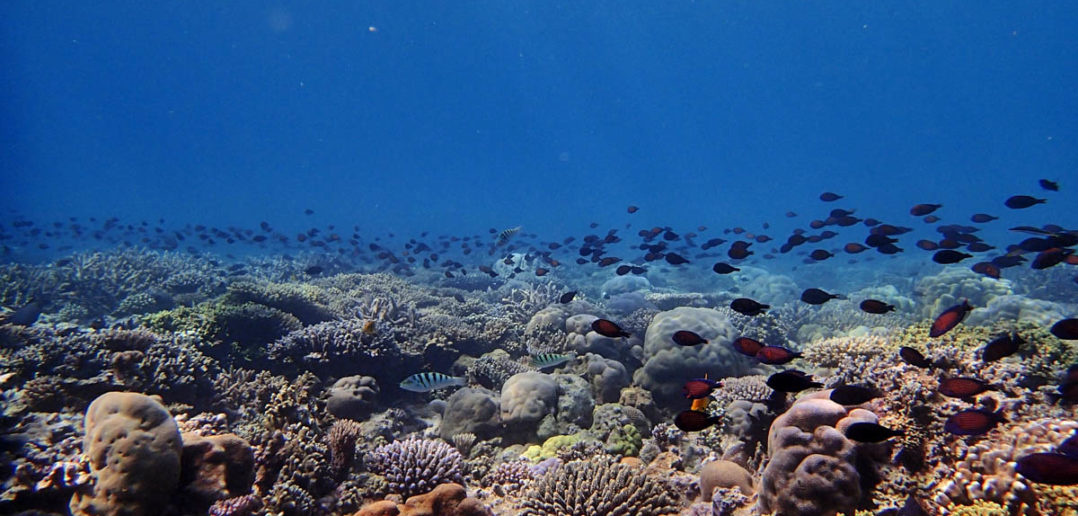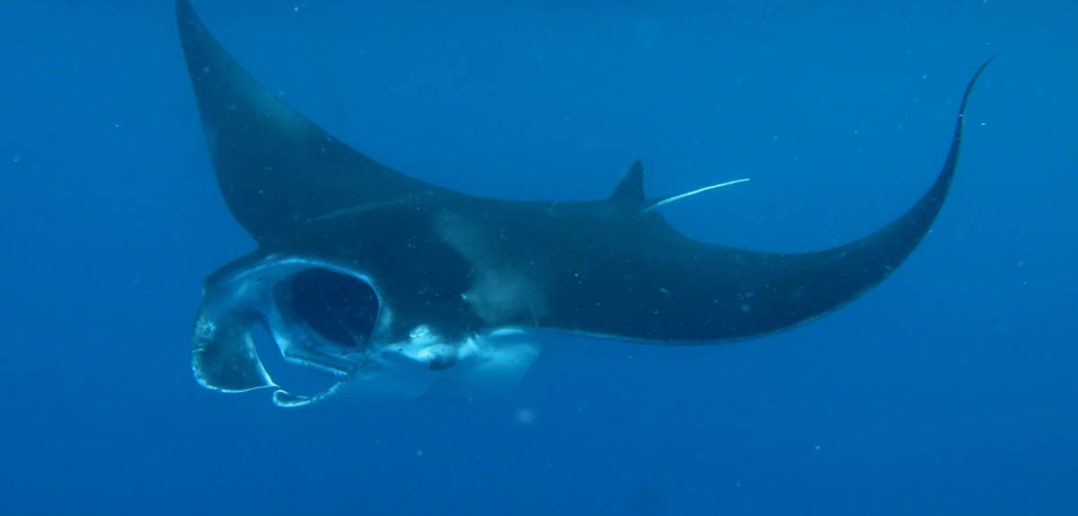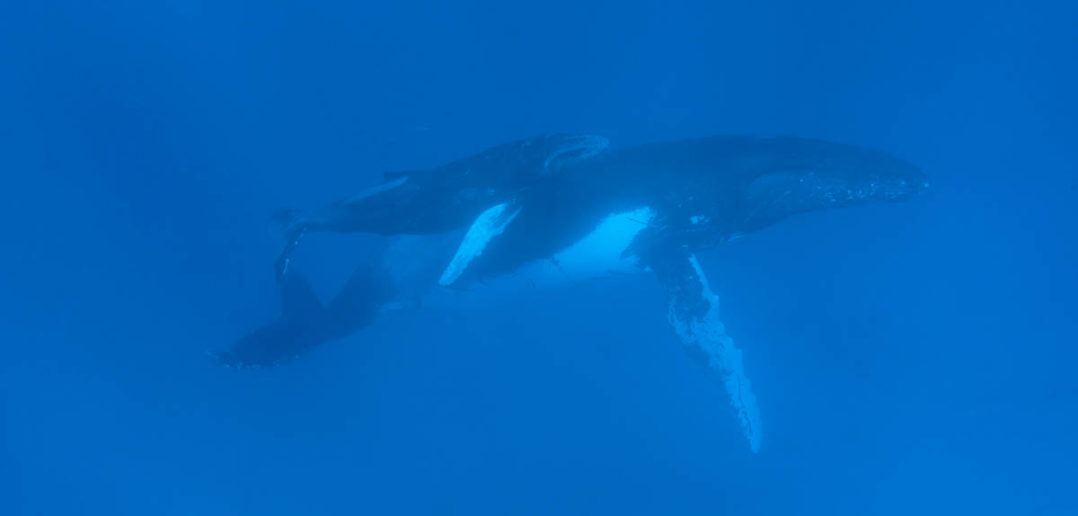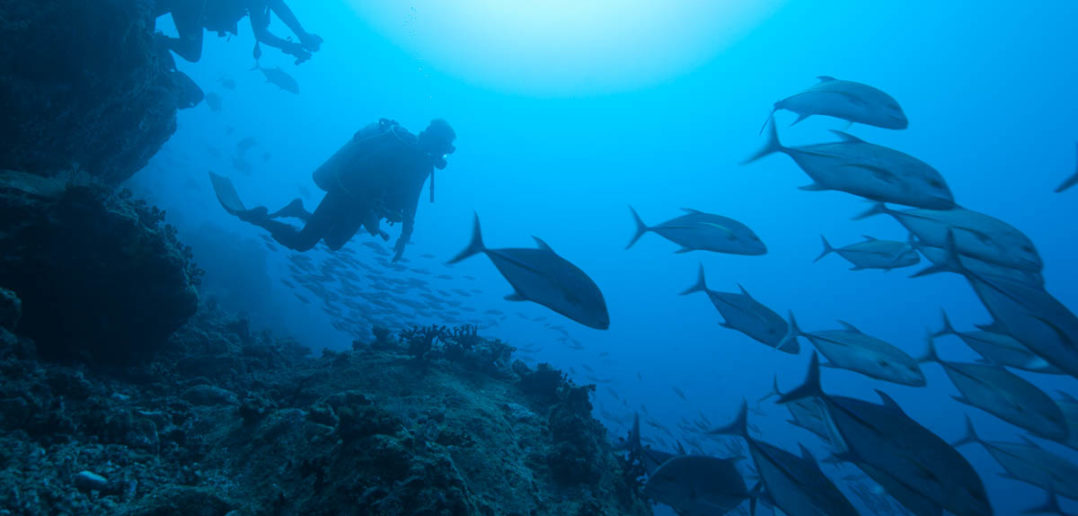Have you heard about the Comoros? I did not either until I accepted a job as a scuba diving instructor to work at Laka Lodge. I did not need much convincing, especially after seeing the footage of a fifteen minute old baby humpback whale calf and it’s mother.
Soon enough, my family started sending me photo about my future home, but nothing on the internet quite captures the magic of this isolated destination.
Where is the Comoros
The Comoros are a collection of volcanic three islands north of Madagascar, rising out of the warm and teaming with life Indian sea. The islands themselves are diverse. Anjouan a boomerang like shape, with rainforests and a bustling shipping port. Ngazidja the capital, a dormant volcano with rolling hills and white sand beaches and Moheli, the heart of Comoros, the smallest, rainforest covered National Park.
Diving in the Comoros
There are only two dive operators in the Comoros, one on the main island of Ngazidja (Grande Comore) and one on the southern side of Mohéli : Laka Lodge.
Grand Comore
The one operational PADI dive operator who is in the process of building a dive base on the Itsandra beach. This is run by Nazir Farid who can be contacted on +269 343 86 46.
Mohéli
Moheli Laka Lodge is also a PADI dive operator and has become my home over the past five months. There are typically three divemasters, along with one Instructor. The diving predominantly is stunning recreational reef diving, with the option of PADI courses and dive sites to satisfy beginners and more advanced individuals. Moheli Laka Lodge is a proud Eco Resort with filtered water, green practises and solar energy which even fills scuba diving tanks! The website, www.lakalodge.com, can provide further information about rates, rooms, transport and similar.
Marine Biodiversity Paradise
According to visiting Marine Biologists, the diversity found in the reef systems around Mohéli is one of the greatest encountered by them. The coral reefs are thriving, with minimal bleaching and occasional damage from nets and thunderstorms. The National Park of Moheli has posed a ban on all net fishing, spear fishing and dynamite fishing since it’s beginning in 2001 with the fish populations greatly bouncing back.
What You Will See
Whales and Dolphins
Since the ocean around Comores remains largely unexplored, the opportunity to scuba dive and encounter any marine creature is a possibility. There are frequent seasonal sightings of Humpback Whales (August – November) and with year round giant pods of Spinner Dolphins and Melon Headed Dolphin. Humpback Whales travel from the Antarctic to give birth in the warm, protected waters around the 7 islands in the National Park. They remain for several months, and often are playful and calm allowing Comoros to be one of the few places in the world where you have the chance to swim with Whales! In 2017, the divers had the chance of seeing a bright white, 15 minute old Humpback Whale Calf.
Other sightings have included Bottlenose Dolphins, Pilot Whales, Pantropical Spotted Dolphin
Manta Rays and Sharks
Manta Rays feed in the bays of the Islands, frequently showing the tips of their wings and swimming by snorkelers from the months of April to November.
Black Tip Reef sharks use the many uninhabited island’s beaches found off the South end of Mohéli as nurseries. Adults are harder to spot, but the lucky diver can see them cruising over the vibrant coral reef flats and drop offs, with an occasional Nurse Shark hiding under rocks.
Dugongs
Dugongs have been sighted several times around the Island, unfortunately the population of Dugongs has been estimated to be around 15. With the last confirmed sighting in June 2018.
Green Turtles
The Eastern end of Mohéli is home to the second largest Green Turtle nesting site in the Indian Ocean, with an average of 20,000 nests per year. During high season, anywhere between 100-150 turtles emerge on just 1km stretch of beach! Since gaining their protected status in the Itsamia some 40 years ago, the Green Turtle populations have sky rocketed, in turn created a healthier balance in the reefs. The local fishermen have noticed, and generally continue to protect these beautiful reptile.
On dives, many Green Turtles can be seen along with the smaller Hawksbill turtles munching away at Molluscs and algae.
Conclusion
Comores is an isolated, tropical, untouched destination which has the opportunity to develop in a sustainable and environmentally friendly manner. The Scuba Diving is spectacular with visibility ranging from 20-40m, water temperatures from 26-30 and a new Marine Species discovered almost on every dive. Add this tiny country in the Indian Ocean onto your dive bucket list, and you will not regret it.
Read more articles on my website at: http://www.myveganexperiment.com
All images courtesy of http://www.lakalodge.com



